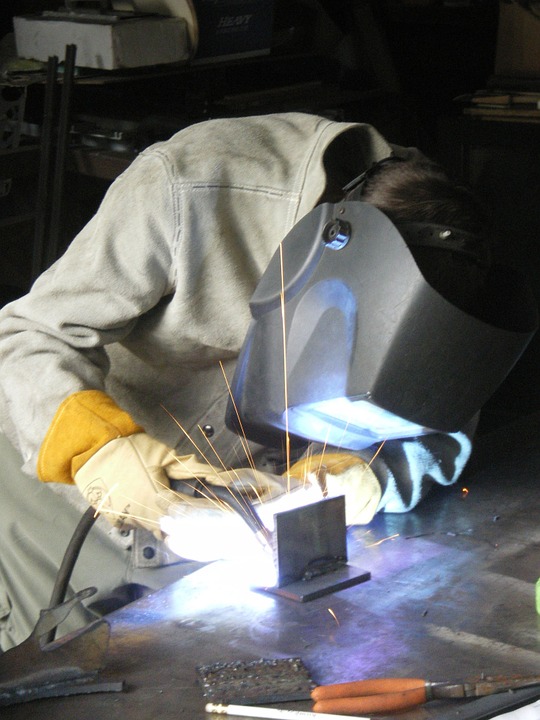Let’s say that you have two jobs: one as a 9 to 5 warehouse worker and one answering phones for a call center for a few hours each weekday evening.

(Pixabay / PublicDomainPictures)
Now let’s say that you hurt your back while lifting a heavy box at the warehouse job, report the injury to your warehouse employer, and start receiving workers’ compensation to cover your medical bills and lost wages while you recover. But here’s where things can get dicey. Your second job isn’t strenuous, and you want to keep working there to retain the additional income. Is this legal? Working a second job while receiving workers’ compensation may be possible and legal, depending on your situation, but it can also be very risky if you aren’t careful to comply with the appropriate regulations. To avoid these risks, consider these best-practice guidelines.
- Declare all income at the time that you file for workers’ comp. If you are receiving workers’ compensation benefits, you are legally required to report all of your income. If you fail to do so, you could be charged with workers’ compensation fraud and end up with hefty fines and even jail time.
So if you’re wondering whether to declare your second job to your employer in the event of an injury, the answer is a resounding yes. And if you want to err on the side of caution, you don’t have to wait for an injury to make this known. You can contact your employer in writing today to let them know about your second job so that you have a clear paper trail just in case.
- Realize that your second job may result in diminished workers’ comp payments. If your ability to perform in your second job is not hampered by your injuries and you wish to keep working, realize that your workers’ comp benefits may be decreased.
Again, it’s imperative to report your second job to make sure that everything is on the up and up. Talk to a worker’s compensation attorney to better understand how your situation fits in with Nevada workers’ compensation law and if your secondary wages will be garnished if you continue working.
- Adhere to physical restrictions in your second job. After you report your injury to your employer and see a company-approved physician, you will receive a medical plan to help you heal. This will likely include restrictions to your physical activity that your boss must comply with.
In the scenario we described above, your second job is light duty and may not violate your doctor-recommended physical restrictions, but if you continued working a second job that required you to perform duties that violated your doctor’s orders, you could be charged with defrauding your employer.
- See if you qualify for workers’ compensation at both jobs. In limited cases, you may be able to qualify for workers’ compensation to cover loss of income from both your primary and secondary jobs. An experienced attorney can help you know if you meet these qualifications.
Note that in Nevada, if your secondary employer decides that they don’t want to keep you on staff because your injuries are hampering your ability to work, they are not required to do so. After all, they were not responsible for your accident. Be as transparent as possible with your employer. Trying to pull one over on them can get you in big legal trouble. Every situation is different and some of the discussed issues may or may not apply to your specific situation. The above information should not be considered legal advice, or as a recommendation to act in any way based on your own case facts. To get personalized legal guidance, contact a Las Vegas workers’ compensation attorney for a free, no obligation consultation.
Video

Infographic
Starting a new job while receiving workers’ compensation could be confusing. The workers’ compensation benefit given to you is because you cannot go back to your former job due to the injury. As a part of the workers’ comp, you are assisted in finding a new job. But it is important to know that once you start working on a new job with a different employer, your workers’ compensation will end. To know more, here are 4 things you should be aware of when working a new job at the same time getting a workers’ comp benefits.

![4 Things to Consider When Working a Secondary Job While Getting Workers' Comp Benefits [infographic] 4 Things to Consider When Working a Secondary Job While Getting Workers' Comp Benefits [infographic]](https://tingeylawfirm.com/wp-content/uploads/2019/11/4-Things-to-Consider-When-Working-a-Secondary-Job-While-Getting-Workers-Comp-Benefits-1-386x1024.jpg)